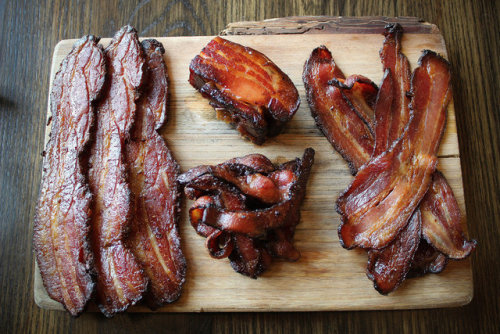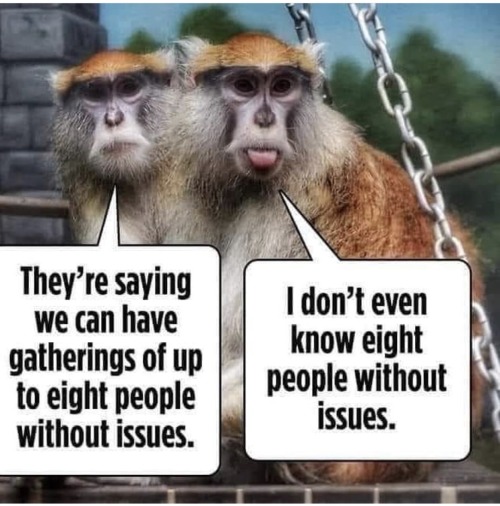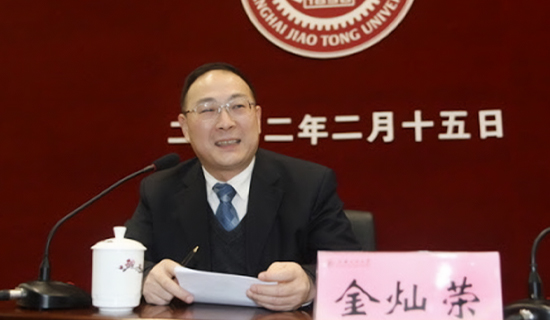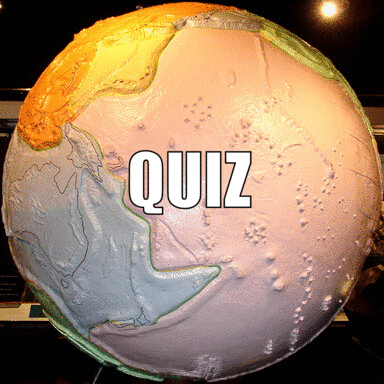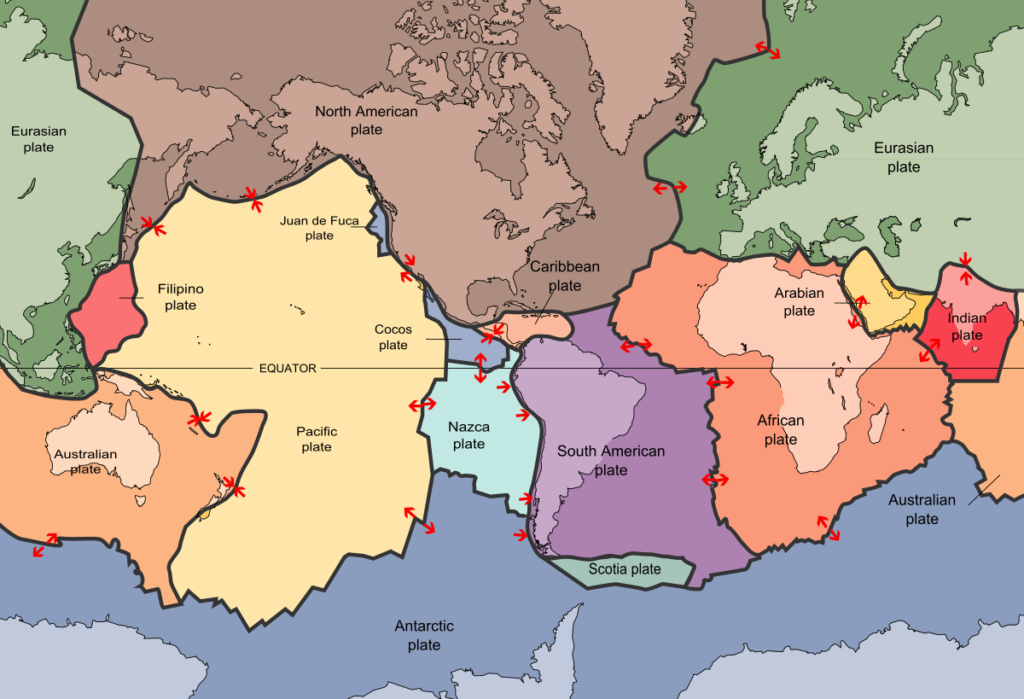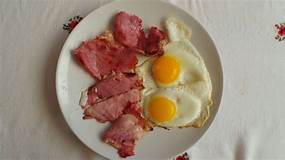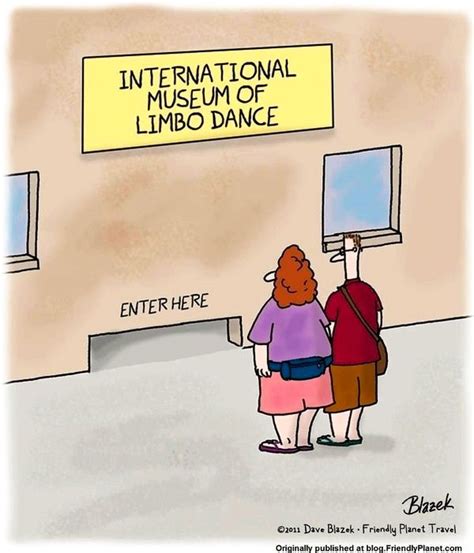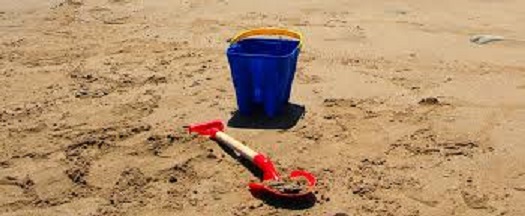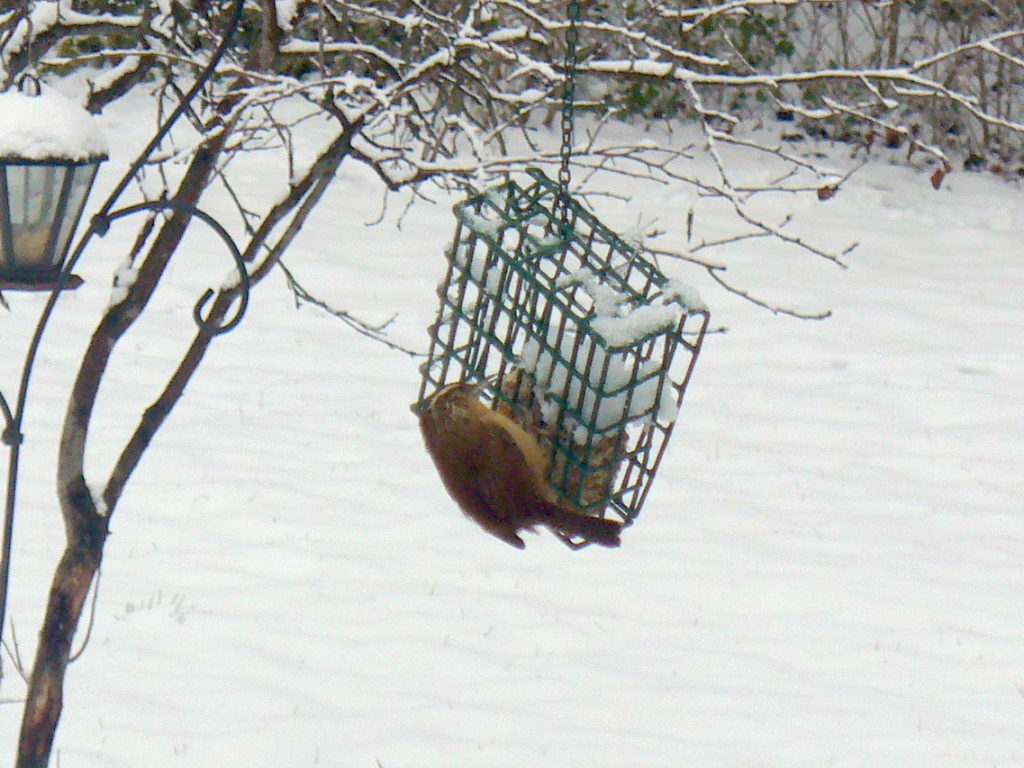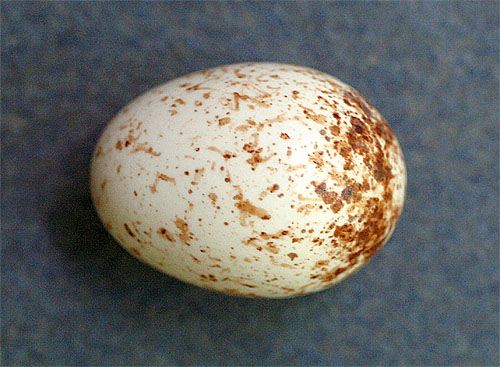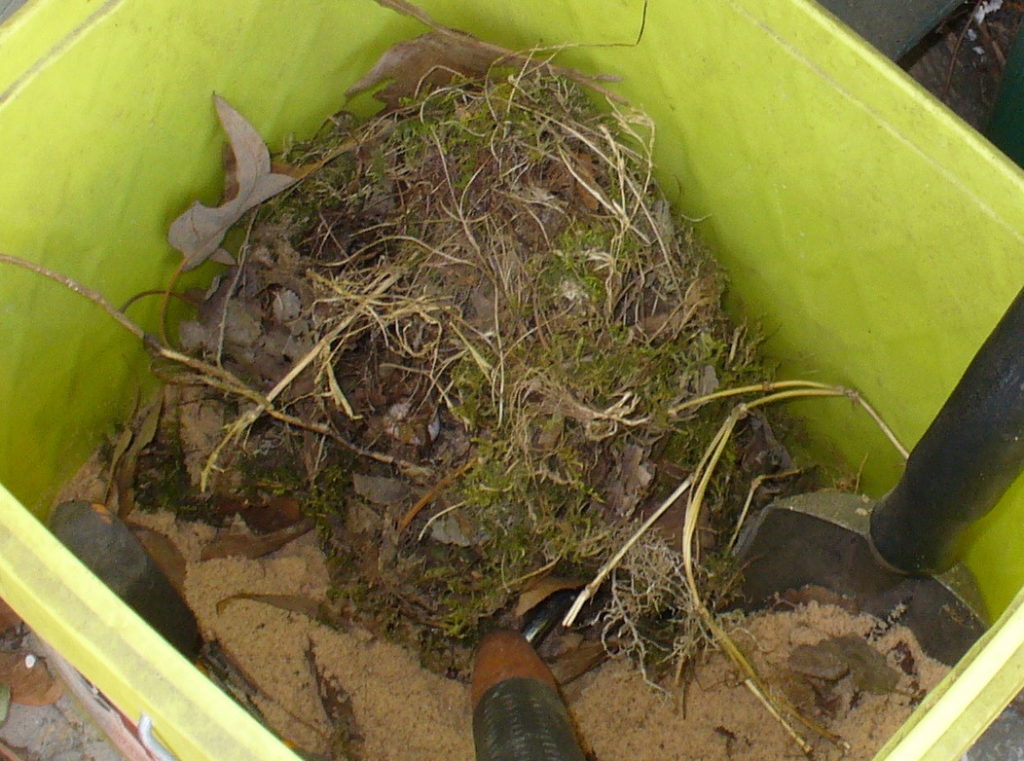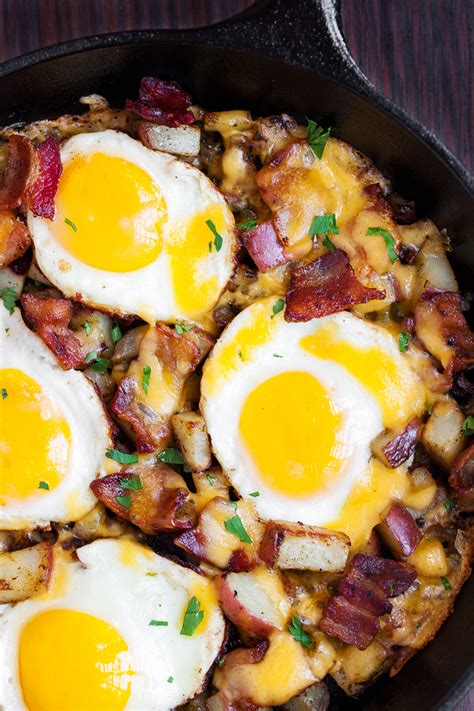I have had the following in my file for approximately a week. First, I was going to condense it…failed. Next, I was going to do a bullet point…failed. Third was an attempt to highlight the “high points”…failed. Basically, I find the entirety of the article needs to be presented as published.
CCP Adviser Outlined Detailed Plan to Defeat US,
Including Manipulating Elections
Article by Nicole Hao in The Epoch Times
A leading Chinese professor—who is also an adviser to the Chinese Communist Party (CCP)—laid out a comprehensive plan for the communist regime to overthrow the United Statesas the world’s superpower.
The professor’s multi-pronged strategy involves a range of malign actions to subvert the United States while strengthening the Chinese regime. They include: interfering in U.S. elections, controlling the American market, cultivating global enemies to challenge the United States, stealing American technology, expanding Chinese territory, and influencing international organizations.
The plan was explained in detail by Jin Canrong, a professor and associate dean of the School of International Studies at Beijing’s Renmin University of China, in a July 2016 speech on “Sino-U.S. Strategic Philosophy” given over two full days at Southern Club Hotel Business Class in south China’s Guangzhou City.
“We want to be the world leader,” Jin said, explaining Chinese Leader Xi Jinping’s desire for a “national rejuvenation” of the country.
Dubbed “teacher of the state” by Chinese netizens, Jin is a prominent scholar known for his fiery anti-U.S. rhetoric. He is an advisor to two powerful bodies of the CCP, the Organization Department, and the United Front Work Department, though it is unclear how close he is to Xi.
Weakening the United States
The strategy to topple the United States was composed of two broad components: weakening America through both internal and foreign sources; and strengthening the Chinese regime’s economic, military, and diplomatic power.
Using a metaphor of a company to illustrate the U.S.-China dynamic, Jin likened the United States to a company president, and China to a vice president who wants the top job.
“The United States is a middle-aged man, who is good looking, has strong capabilities, and support from most employees,” Jin said.
“[To replace it], we first need to create the conditions to make it easier for the United States to make mistakes. Second, we should make it as busy as possible [dealing with problems], to the extent that it will feel depressed and want to give up. Third, we should become intertwined with the United States, so that it can’t attack us.”
Jin said the CCP was thinking of many ways to weaken the United States, which he described as a “very difficult” task. The professor offered four practical tactics.
1. Manipulating Elections
Jin suggested that the CCP should interfere in U.S. elections to bring pro-Beijing candidates to power. He singled out races for seats in the House of Representatives as an easy target.
“The Chinese government wants to arrange Chinese investments in every single congressional district to control thousands of voters in each district,” Jin said.
He noted with a population (at the time) of about 312 million and 435 congressional districts, roughly 750,000 residents live in each district.
“The voting rate in the United States is about 30 percent, which means around 200,000 residents in each congressional district vote for the representative in that district,” Jin said. “Normally the difference of votes between two candidates is 10,000 or less. If China has thousands of votes on hand, China will be the boss of the candidates.”
Jin said China’s ambition is to control at least the House.
“The best scenario is China can buy the United States, and change the U.S. House of Representatives into the second Standing Committee of the National People’s Congress,” he said, referring to the committee that oversees the CCP’s rubber-stamp legislature.
2. Controlling the US Market
Ramping up Chinese investments in the United States is another way to exert influence in the country’s political system, Jin said, noting that this tactic has the added benefit of enriching Chinese business people and the CCP.
“The investment opportunities in the United States are relatively good,” he said. “The U.S. market is open—more open than the Japanese and European ones,” he continued, adding that its benefits include its size, transparency, and stability.
He said the Chinese regime wants Chinese business people to control the U.S. market, and also for them to develop their businesses in the country.
To reach this goal, the Chinese regime had tried to negotiate with Washington for the U.S.-China Bilateral Investment Treaty (BIT). The agreement was actively negotiated for the decade prior to 2017, but fell off the agenda during President Donald Trump’s administration.
Some U.S. companies wishing to enter the Chinese market, and the U.S.-China Business Council have advocated for the signing of a BIT.
3. Fostering Enemies of the US
Jin said the CCP’s “strategic task” was to make sure the United States has not less than four enemies.
Four enemies are needed to stretch the United States’ resources while bogging the government down in domestic debates over which threat to prioritize, Jin said.
For instance, before WWII the United States had two adversaries, Nazi Germany and the Soviet Union. “The Americans debated over and over about who is the real threat,” he said.
“If the United States has four enemies, it will totally lose its direction.”
Analyzing the situation as of 2016, Jin concluded that the United States only has three adversaries: “Terrorism is definitely an enemy of the United States. Russia looks like another one … Definitely, the United States treats us as a competitor … It’s not enough.”
The professor said that in the past few years, the CCP had tried to develop Brazil into an adversary of the United States, but was unsuccessful because Brazil “didn’t want to be improved.”
He said the CCP had pumped a lot of investment into Brazil in the bid to get its support on global issues, including taking stances against the United States. Xi had visited Brazil in 2014 and agreed to invest in infrastructure in the country’s western region, as well as a railway to link ports in Brazil and Peru.
Jin said the Chinese regime has given up on this approach and is trying to find a candidate to develop into a U.S. adversary.
4. Causing International Problems for the US
Jin said the Chinese regime was at a strategic advantage due to the United States’ role as global enforcer: whenever there is a crisis in the world, the United States would have to intervene to maintain global stability, which in turn drains U.S. resources and diverts its attention away from China.
As examples, he cited the Afghanistan and Iraq wars, which he described as “completely not strategically valuable” endeavors that cost the United States “$6 trillion and 10,000 soldiers’ lives.”
The result was that the United States “wasted ten years [without being aware of China’s development], and let China grow big,” Jin said.
Another possible tactic is to sell the CCP’s holding of U.S. Treasury bonds to precipitate a debt crisis, he said. According to the U.S. Treasury, China currently holds nearly $1.1 trillion in U.S. treasury securities.
Finally, engaging in drawn-out negotiations with the United States is also an effective strategy to bog down the United States, while giving the regime the time to focus on developing itself, according to Jin. During such negotiations, the United States wouldn’t take punitive actions against the CCP such as sanctions, and instead focus its energy on preparing and carrying out the talks. Meanwhile, the Chinese regime, which has no intention of negotiating in good faith, would use the breathing space given to it over the course of the negotiations to solidify its power both inside and outside of China.
Former deputy national security advisor Matthew Pottinger in February warned of the CCP’s “negotiation traps.” Pottinger said years of successive formal dialogues between the two sides, such as the “Strategic Economic Dialogue” allowed the regime to “draw out the clock” and continue its economic assaults on the United States with impunity.
Strengthening the Chinese Regime
Jin said the Chinese regime has greatly relied on the U.S. trade and investments to spur its economic development over the past four decades. He highlighted four approaches to expand the CCP’s economic and political power at home and abroad.
1. Stealing US Technology
The professor admitted that the CCP has depended on stolen American technology to fuel its growth.
“China’s industry has a large output, but lacks certain technology,” Jin said. “In the past 30 years, we bought technology, 46 percent of which were from Germany. But the United States has the best technology, but it doesn’t sell to us.”
He added, “Americans think that Chinese hackers steal a lot of their things. This may very well be true.” Jin said key technology for China’s J-20 fighter jet and DF-41 intercontinental ballistic missile was stolen from the United States.
The regime is also eager to get its hands on American space technology.
In June 2016, China’s Long March 7 rocket sent an orbital debris clean-up satellite Aolong-1 to space. Beijing claimed that Aolong-1 only brought space debris back to earth, but Jin suggested the satellite had another mission.
“The U.S. said that [Aolong-1] was collecting American satellites [from the space], and bringing them back to China,” Jin said. “We can disassemble [the American] satellites and reassemble them into Chinese ones.”
2. Expanding the Regime’s Territory
Jin believed that the Chinese regime would occupy the whole of the South China Sea and Taiwan in the near future.
The CCP lays claim to almost all of the South China Sea despite a 2016 ruling by an international court finding that its territorial claims were unlawful. The Philippines, Vietnam, Malaysia, Brunei, and Taiwan also have competing claims in the waterways. Home to rich fishing grounds and potentially valuable natural resources, the South China Sea is also one of the world’s major shipping routes.
Beijing has sought to bolster its claims in the strategic waterways by building artificial islands in the area and building military outposts on them.
“In one and half years [in 2013 and 2014 under Xi’s administration], China has created more than 3,200 acres of territory. The other four claimant states have created only 100 acres in 45 years,” Jin said.
Jin predicted that the CCP would continue to create more features in the South China Sea.
He also boasted about the regime’s success in wresting control of the Scarborough Shoalfrom the Philippines in 2012 with the help of Chinese fishing boats and coast guard vessels.
“Even if the Philippines wants the United States to take over the reefs [in the South China Sea], the United States can’t guard them,” Jin said. “If the United States stations an aircraft carrier there, China can simply send 2,000 fishing boats and surround the carrier. Then the carrier doesn’t dare to fire at the fishing boats.”
In relation to Taiwan, the CCP has more ways to bring the democratic island under its control, Jin said. The regime views the self-ruled island as part of its territory and has vowed to bring Taiwan under its fold with force if necessary. For instance, the regime could bribe Taiwanese politicians, ban trade and tourism from China, convince the few remaining countries that recognize Taiwan diplomatically to switch to China, blocking Taiwan’s participation in international organizations and meetings, and assassinating some Taiwanese to instill fear among the population.
3. Building Global Influence By Leading Projects
Xi’s global strategy to bolster the regime’s global power has two pillars, according to Jin. One is the Belt and Road Initiative (BRI), the other is the Free Trade Area of the Asia-Pacific (FTAAP).
BRI, previously known as One Belt One Road, is a massive global investment strategy launched by the CCP in 2013 aimed at bolstering its economic and political influence across Asia, Europe, Africa, and South America. The project involves investments in infrastructure and natural resource projects in countries. It has been criticized by the United States and other countries as an example of “debt trap” diplomacy, that saddles developing countries with unsustainable debt burdens while allowing the regime to export its technology and governance abroad.
“The ultimate purpose of BRI is to team up with the industrial power Germany. Then there’s no position of the United States in the world’s industrial playing field,” Jin said.
Similarly, Jin said the FTAAP, a proposed free trade agreement between 21 Asian-Pacific countries, would also open a conduit of influence for the CCP in the region.
The professor also believed that Chinese-backed development banks, the New Development Bank and the Asian Infrastructure Investment Bank, would work to Beijing’s advantage, as countries that received loans from the banks would then be beholden to the regime, Jin said.
“We are building up our friend’s circle in the world. We will be more powerful than the United States with more friends,” he said. “Then we can tell the United States that we are the only representative of the world.”
4. Influencing International Organizations
Jin also explained the CCP’s plan to exert greater influence over global bodies such as the United Nations, the World Trade Organization, the World Health Organization, Interpol, the International Monetary Fund, the International Olympic Committee, and the Organization for Economic Cooperation and Development.
The Chinese regime’s goal is for “all these international organizations to be controlled by China. We can appoint someone who speaks Chinese [who represents China] to be its leaders,” Jin said.
During his speech, Jin emphasized that Xi was unlike his predecessors in his ambitions. Previous CCP leaders, such as Deng Xiaoping, Jiang Zemin, and Hu Jintao worked hard to develop the regime’s power but didn’t dare to use it, he said.
“No matter how much power you have, it’s nothing if you don’t dare to use it,” Jin said. “Chairman Xi dares to use it. [Xi’s authorities] have the power, dare to use that power, and all of its attacks make the other party bleed.”
Xi’s ambitions, however, cannot be revealed to the outside world, the professor said.
When Xi took power in 2012, he urged the country to realize the “Chinese dream.” This meant becoming a “moderately well-off” country by 2021, and then a “strong, democratic, civilized, harmonious, and modern socialist country” by 2049.
Jin explained that Xi’s target is actually to replace the United States as the world’s only superpower by 2049.
“[Chinese] Ministry of Foreign Affairs keeps on saying [at press briefings] that China loves peace. But no reporters at the press briefings believe this,” Jin said.
